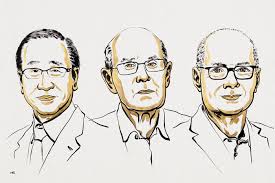
Japan’s Nobel Prize: South Korea Analyzes the Gap Between Japan and South Korea
・Why is there such a large disparity in Nobel Prizes between Japan and South Korea?
・Japanese scientists always humbly learn from and overcome failures
We bring you a summary from an article published on ZakZak.
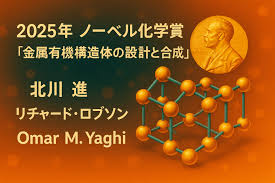
Royal Swedish Academy of Sciences:
On the 8th, the Royal Swedish Academy of Sciences announced that the 2025 Nobel Prize in Chemistry will be awarded to Kyoto University Distinguished Professor Susumu Kitagawa (74) and two others.
They developed a new organic material, a “porous metal complex,” with countless microscopic holes.
1. It is a next-generation porous material useful for gas storage, etc.
2. It was awarded for its contributions in opening up new paths to solving environmental and energy issues.

Japan’s Nobel Prize Winners:
Following Shimon Sakaguchi, who was awarded the Nobel Prize in Physiology or Medicine on the 6th, a total of 30 people and one organization, including foreign nationals, have been awarded the prize.

Discussion in South Korea:
“Why is there such a large disparity in Nobel Prizes between Japan and South Korea?”
In South Korea, the question of “Why is there such a disparity in Nobel Prize winners?” has become a hot topic.
Last year, Han Kang of South Korea became the first Asian woman to win the Nobel Prize in Literature.
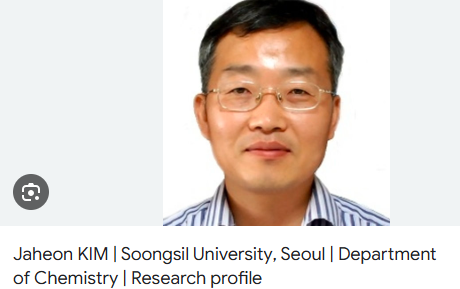
On the 8th, the Korea JoongAng Ilbo (online version):
Kim Ja-hong, professor of chemistry at Soongsil University, praised Japanese scientists, saying, “Japanese scientists always learn from their mistakes and steadily achieve results in basic science.”
In South Korea, he pointed out, “Research funding (nano, green technology, AI, etc.) changes every 10 years depending on the times.”
1. South Korean researchers “are unable to concentrate on one topic for an extended period of time.”
2. “Stable and flexible support is needed for fields that need to be sustained over the long term.”
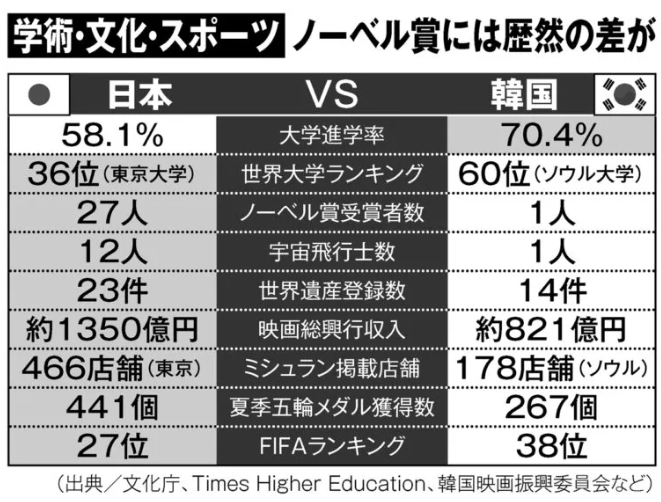
Comments such as the following:
1. I am outraged that Japan has beaten me in the Nobel Prize category. South Korea should be supported so that it can pursue research 365 days a year.
2. Most Japanese Nobel Prize winners in science are graduates of Kyoto University.
It’s extremely pathetic that Koreans mistakenly believe the University of Tokyo is Japan’s top university.
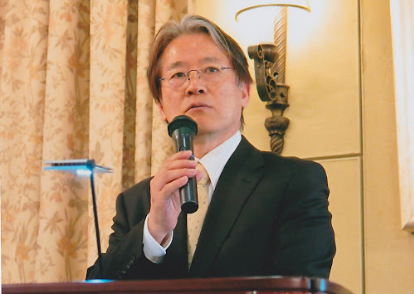
Differences in Japanese and Korean national character:
Journalist Shinichi Hen posted this on his X (formerly Twitter) account on the 7th.
1. Korea is jealous of Japan’s Nobel Prize wins. They can’t compete with Japan in this field.
2. “Hard work and perseverance are essential to winning a prize. However, they cannot compete with Japan in terms of perseverance.”
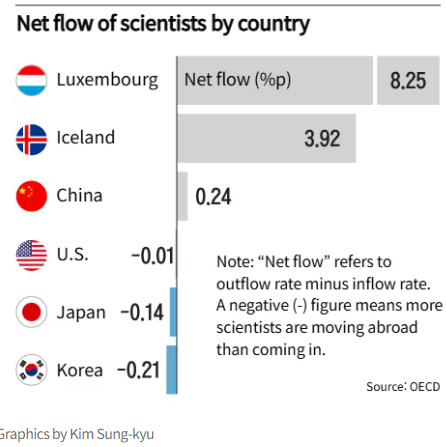
Japanese researcher Sakaguchi’s motto: Japanese national character:
He touched on the importance of “each and every step” in basic scientific research.
1. Korean scientists are not good at making steady efforts.
2. The Korean national character is that they “cannot endure unless something is done quickly and swiftly.”
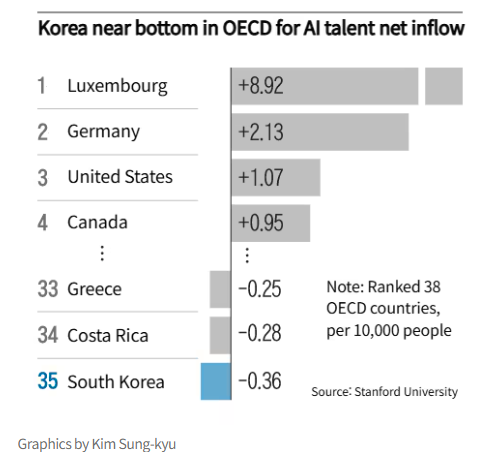
Korean website “Wow Korea”:
On the 4th of this month, they published an article lamenting the disparity in award outcomes between Japan and South Korea.
Reasons why South Korea has never won a Nobel Prize in Science:
1. South Korea’s backward research environment, obsessed with short-term results.
2. South Korea cites a “social atmosphere that discourages talented people from pursuing science and engineering.”
The analysis states that there is a historical disparity in science and technology research, and that “the period for accumulating achievements in South Korea is too short.”
https://www.zakzak.co.jp/article/20251008-Q3PARCPDM5E77HFOR5LBOPNP7Q/?outputType=amp